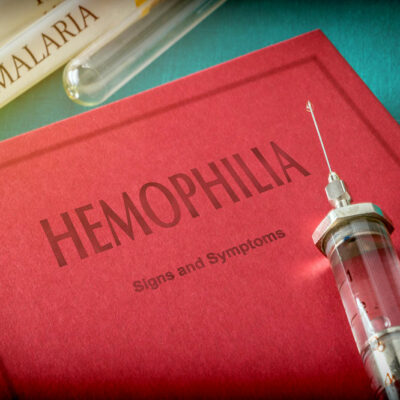
Signs and Risk Factors of Cervical Cancer
According to the Centers for Disease Control and Prevention, cervical cancer is the leading cause of cancer deaths among women. However, this has been declining for some time now. This is due to better awareness and regular Pap tests. Read on to know more about the signs and risk factors of cervical cancer.
Signs and risk factors of cervical cancer
- Signs – Cervical cancer in the initial stages does not produce any signs or symptoms. The following are the signs of advanced-stage cervical cancer.
- Bleeding from the vagina between periods, after menopause, or after intercourse
- Discharge from the vagina that could be watery or bloody and have a foul smell
- Pain in the pelvic area or during intercourse
- Risk factors – Read on to further know about the risk factors of cervical cancer. Anything that increases your chances of developing or contracting a particular health condition is known as a risk factor. For cervical cancer, some of these risk factors are.
- Human papillomavirus – This is one of the most common risk factors for cervical cancer. An HPV infection can affect the lining of the genitals, the cells on the surface of the skin, mouth, and throat. It can be spread through direct physical contact and is most often spread through sexual activity. In addition to cervical cancer, HPV can also result in other forms of cancer in both men and women.
- Sexual history – Sexual history increases your chances of being exposed to HPV and cervical cancer. Therefore, having multiple sexual partners and becoming sexually active before the age of 18 increases your risk of this form of cancer. Having sexually transmitted infections such as chlamydia, syphilis, or gonorrhea also increases your risk of cervical cancer.
- Smoking – Smoking, including passive smoking, has been linked to the development of many different forms of cancer. Research has found that women who smoke are twice more likely to develop cervical cancer than non-smokers. This is because of the cancer-causing substances found in tobacco that can damage the genetic make-up of the cells of the cervix, resulting in the development of cervical cancer. Smoking can also affect the ability of the immune system to ward off an HPV infection effectively.
- Weak immune system – Conditions that weaken or compromise the effective functioning of the immune system, such as HIV, increases the risk of developing cervical cancer as the body is not able to fight an HPV infection.
- Family history – It has been found that if a parent or sibling has cervical cancer, then the chances of you developing the condition also increases.
Being aware of the signs and risk factors of cervical cancer can help you to detect this form of cancer early. Furthermore, if you are at risk of developing this cancer, you should consult your doctor for a screening or PAP smear test.


